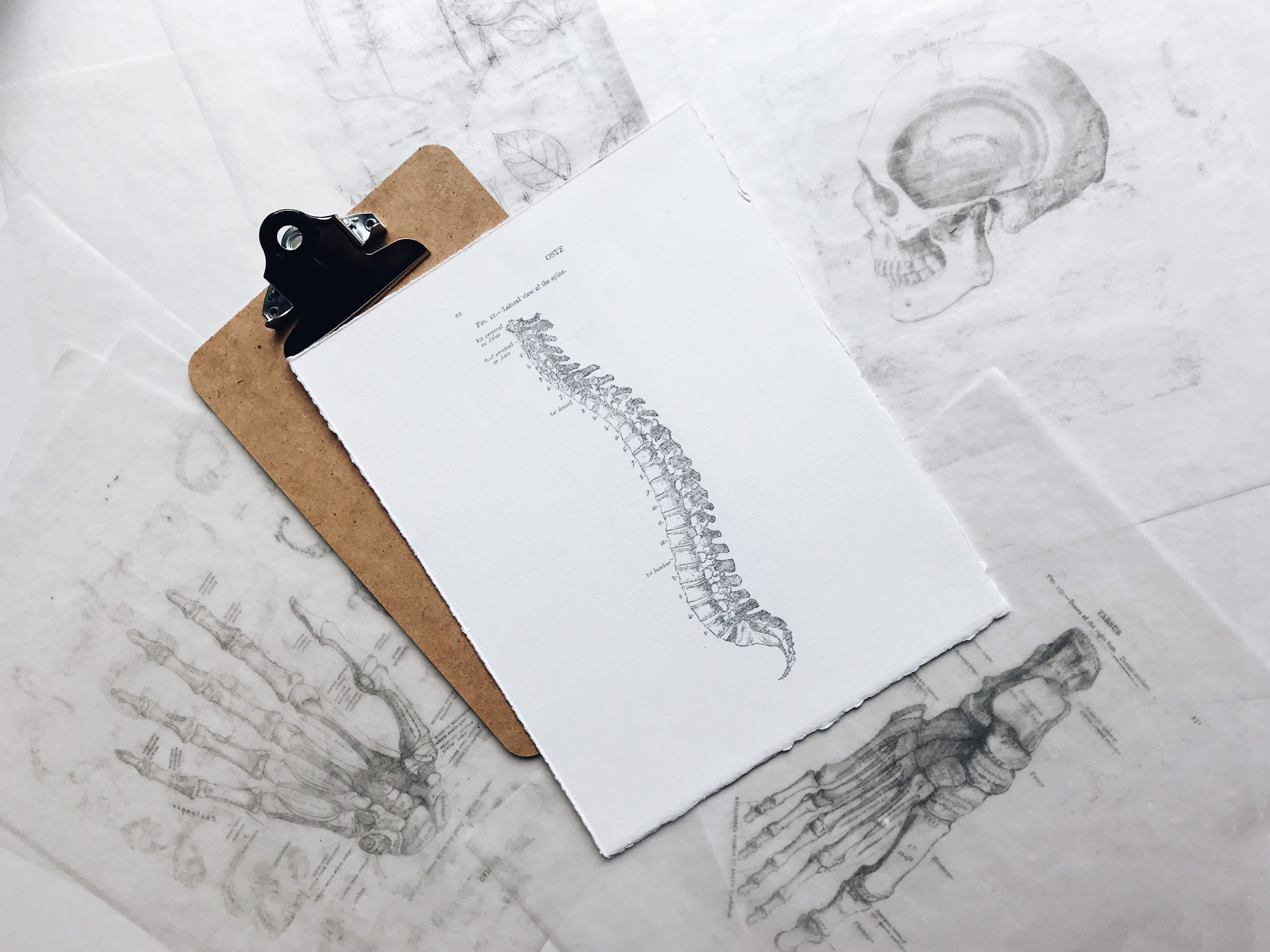Do I Need a Lawyer?
In Virginia, workers’ compensation claims are filed with the Virginia Workers’ Compensation Commission (the “Commission”), and governed by the Virginia Workers’ Compensation Act.[1] An injured employee should seek a consultation with an experienced workers’ compensation attorney in order to develop a plan for their specific needs. A lawyer can help you navigate the process of obtaining an Award Order, [2] comply with the strict deadlines associated with a workers’ compensation claim, and in the event of a claim dispute, represent you at the hearing.[3]
Whether or not an employee is currently receiving insurance payments, they will need to obtain an Award Order. There are several deadlines associated with a workers’ compensation claim, and failure to comply with these deadlines could ultimately bar an injured worker’s right to lost wages and medical benefits. In Virginia, the statute of limitations for a worker’s compensation claim is two years.[4] That means a worker must file a Claim for Benefits “within two years after the accident,” or the claim “shall be forever barred.”[5] An injured employee must also “immediately,” or as soon as practicable, give the employer notice of the accident in compliance with the Virginia Workers’ Compensation Act.[6]
In some cases, a dispute or proposed settlement may lead to a hearing before the Commission. At these proceedings, there will always be a lawyer present for the employer and the insurance company. These lawyers will likely have more experience and know-how then an employee that chooses to represent themselves. Therefore, an injured employee would be well-advised to seek the help of a workers’ compensation attorney.

Do I Need to Job Search After My Work Injury?
In Virginia, if you have a light-duty work restriction outlined by a doctor, but have not received an Award Order, you are required to search for a new job per the Commission’s Marketing Guidelines.[7] The Commission calls this a “duty to market your residual capacity.”[8] This applies even if you are currently receiving a check from the insurance company, and for as long as you do not have an Award Order. The Commission requires that you apply for at least five (5) potential jobs each week, and you must keep a job search record to document your efforts.[9] This record should include (1) the name of the potential employer, (2) where the employer is located, (3) the job applied for, (4) the date the application was made, (5) whether the contact was made in-person, over the telephone, or via the internet, and (6) the result of the contact. [10] To help you keep track of your efforts, the Commission has a Marketing/Job Search Form.[11]
The importance of applying for jobs and keeping a record of your employment search cannot be stressed enough. Often, an injured employee is in one of two scenarios. Either the employee is (1) currently receiving a compensation check from the insurance company, but has not received an Award Order, or (2) the insurance company is not currently paying the employee, but the employee is waiting for their case to be heard. In both instances, a continued job search is required.[12] In the first case—where you are currently receiving a compensation check—the insurance company may pay you for some period of time, and then later argue that you were paid unnecessarily. The insurance company will claim that because you did not market your residual work capacity (you weren’t searching for a job within your work restrictions), they are entitled to a credit against any future benefits that they otherwise owe you. In the second case—where the insurance company is not currently paying you—a failure to adequately job search may result in the Commission deciding not to award wage loss benefits from the period of time in which you failed to properly search for jobs.
Finally, it’s important to keep in mind that when reviewing an injured worker’s job search efforts, the Commission generally considers the following factors:
- the nature and extent of the disability;
- the employee’s training, age, experience, and education;
- the nature and extent of the job search;
- the availability of jobs in the area suitable for the employee, considering his/her disability;
- any other matter affecting the employee’s capacity to find work.[13]
As you apply for jobs, you should regularly submit your job search logs to your attorney so that they can be sent to the insurance company. By providing these logs, you are demonstrating proof that you’re making adequate efforts to look for work within your limitations, and that you are entitled to a continuation of your wage loss benefits.

Do I Need to Give the Insurance Company a Recorded Statement?
Prior to giving a recorded statement, an injured worker should speak with a workers’ compensation attorney. Following a work accident, injured workers are generally in need of prompt medical attention and income. This is often a vulnerable period, and unfortunately, a time that can be filled with unreturned calls from the insurance company. This can leave a worker with many unanswered questions.
When the insurance company finally does call, they will likely ask for a recorded statement. In many cases, the injured worker agrees to provide a recorded statement in order to get their claim started. However, speaking with a workers’ compensation attorney prior to giving a recorded statement can help ensure that an employee knows what to expect, and that the employee provides a clear and complete statement of events. Worker’s compensation does not cover all injuries and accidents that happen at work, and an incomplete or unclear statement could significantly damage your workers’ compensation claim. A lawyer can help avoid the potential for a worker’s statement to be distorted or later used against them. A recorded statement will likely be used to question the injured worker during litigation, and could potentially serve as an insurance company’s basis for denying the claim.
Again, before giving a recorded statement, it is important to contact an attorney to ensure that the description of the accident and all other facts are clearly and accurately presented. If you’ve been injured on the job, experienced workers’ compensation attorneys can help guide you through next steps.
[1] See Va. Code. Ann. §§ 65.2-100–1300.
[2] Va. Code. Ann. § 65.2-710.
[3] To learn more about hearings, check out our Worker’s Compensation FAQ Series: Hearings and Award Orders.
[4] Va. Code. Ann. § 65.2-601.
[5] Id.; see also Claim Form, Va. Workers’ Compensation Commission, http://www.vwc.state.va.us/sites/default/files/forms/Claim-Form.pdf (last visited Aug. 3, 2020).
[6] Va. Code. Ann. § 65.2-600. Job injuries must be reported within thirty days of the occurrence, or an employee’s ability to receive worker’s compensation benefits could be barred. See Id.
[7] Guidelines on Looking for Light Duty Work, Va. Workers’ Compensation Commission, http://www.vwc.state.va.us/sites/default/files/documents/Marketing-Guidelines_1.pdf (last visited Aug. 3, 2020).
[8] See Ford Motor Co. v. Favinger, 275 Va. 83, 91 (2008) (holding employee has a duty to reasonably market residual work capacity).
[9] See Guidelines on Looking for Light Duty Work, Va. Workers’ Compensation Commission, http://www.vwc.state.va.us/sites/default/files/documents/Marketing-Guidelines_1.pdf (last visited Aug. 3, 2020).
[10] Id.
[11] Marketing/Job Search Form, Va. Workers’ Compensation Commission, http://www.vwc.state.va.us/sites/default/files/forms/Marketing-Job-Search-Form.pdf (last visited Aug. 3, 2020).
[12] Guidelines on Looking for Light Duty Work, Va. Workers’ Compensation Commission, http://www.vwc.state.va.us/sites/default/files/documents/Marketing-Guidelines_1.pdf (last visited Aug. 3, 2020).
[13] See, e.g., National Linen Serv. v. McGuinn, 8 Va. App. 267, 272 (1989); see also Guidelines on Looking for Light Duty Work, Va. Workers’ Compensation Commission, http://www.vwc.state.va.us/sites/default/files/documents/Marketing-Guidelines_1.pdf (last visited Aug. 3, 2020).




